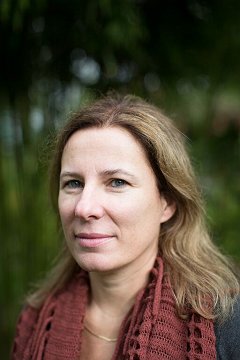Architecture Design Decision Maps for Software SustainabilitySEIS
In the context of software engineering, sustainability can be defined as the "capacity to endure'' and to "preserve the function of a system over an extended period of time''. These definitions mainly point towards technical sustainability over time. Sustainability, however, may entail a much broader scope including economic, social and environmental sustainability as well.
In spite of the exciting hype around sustainability, we are very much lacking suitable instruments to design software-intensive systems that are sustainable and enable sustainability goals.
To fill this gap, we advocate the treatment of sustainability as a software quality property and defined a software sustainability assessment method that helps to make sustainability-driven design decisions. The method essentially relies on the definition of so-called ``decision maps'', i.e. views aimed at framing the architecture design concerns around the four sustainability dimensions mentioned above - technical, economic, social and environmental sustainability.
In this context, this paper presents the notion of decision map. We then use a number of illustrative examples extracted from industrial projects, to summarize our lessons learned and reflections with general observations and future research directions, with the goal to spark a discussion in the research community.
Patricia Lago is professor at the Vrije Universiteit Amsterdam, the Netherlands, where she leads the Software and Services research group in the Computer Science Department. She has a PhD in Control and Computer Engineering from Politecnico di Torino and a Master in Computer Science from the University of Pisa, both in Italy. She is member of the IEEE/IFIP WICSA Steering Committee and the Steering Committee of the ICT4S conference series, member of the IFIP 2.10 Working group on Software Architecture, the IFIP 2.14 Working group on Services-based Systems, and the Dutch Knowledge Network on Green Software. She has published in all major conferences and journals of her field.
Her passion in research is to create software engineering knowledge that makes software better, smarter, and more sustainable. Her philosophy is that research should be industrial-relevant and serve the final purpose of being applied in practice. To this end, her research specifically focuses on the “real’’ needs of practice by establishing collaboration with partners from both private and public sectors.
Her research and teaching are about software architecture, software design and modeling, software quality assessment. She is initiator and coordinator of the Computer Science Master Track in Software Engineering and Green IT. She co-founded the Green Lab, a place where researchers, students and companies collaborate to measure the energy footprint of software solutions.
